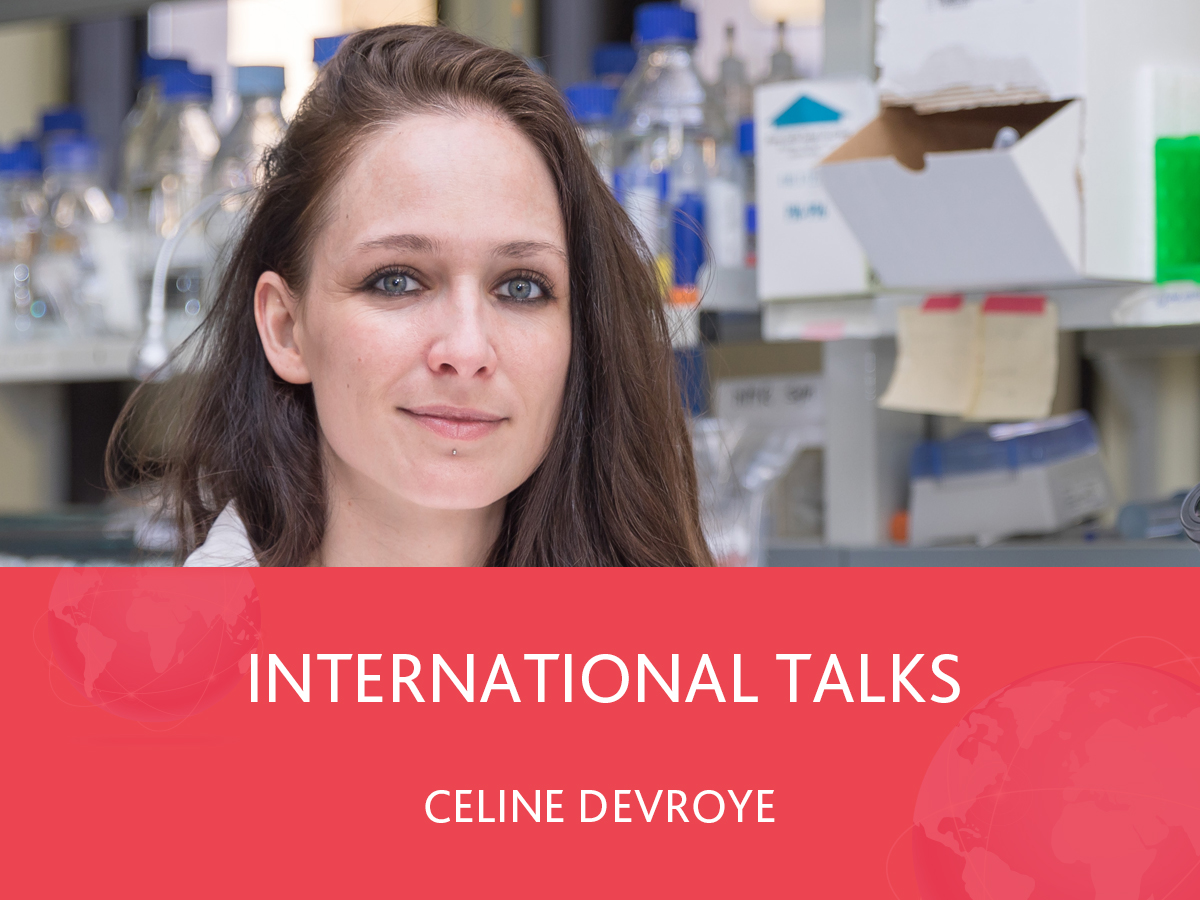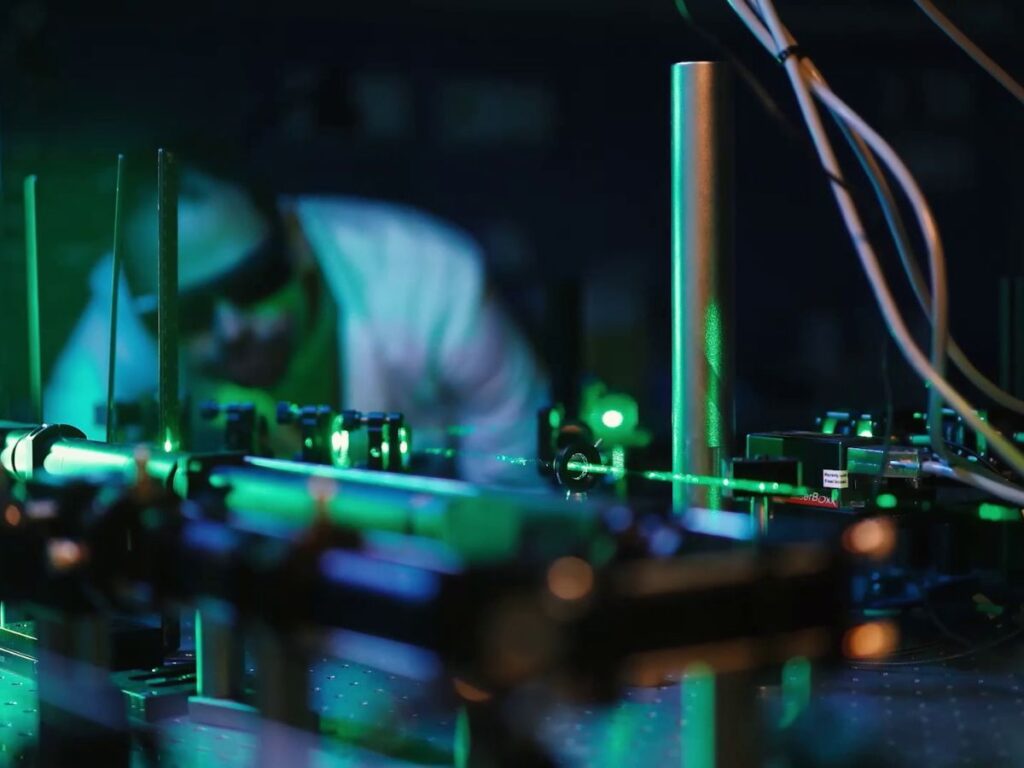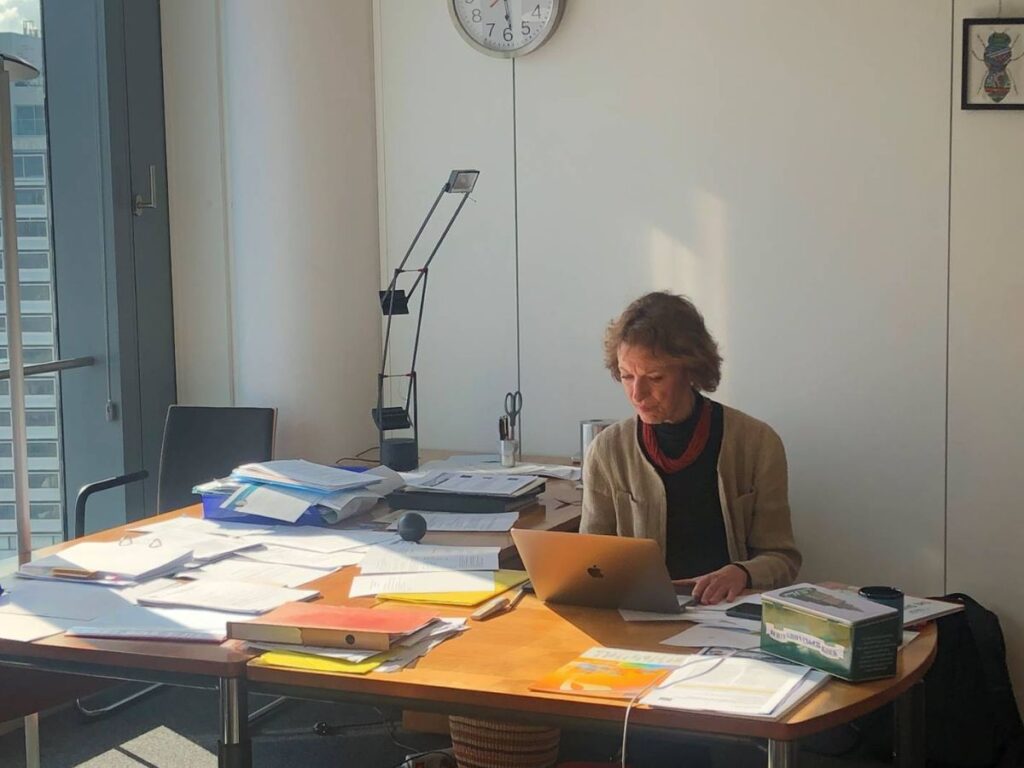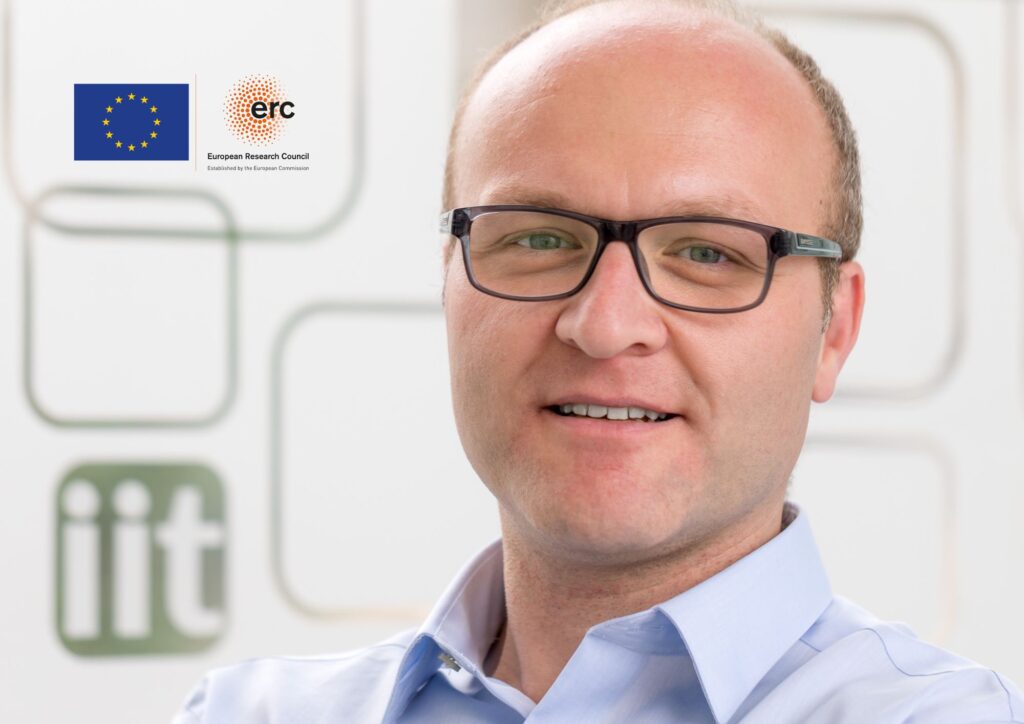Understanding the genetic variations of DiGeorge syndrome
A couple of months after the end of my PhD in Bordeaux, I entered the team of Genetics of Cognition (GeCo) headed by Dr Francesco Papaleo at Istituto Italiano di Tecnologia in Genova, as a postdoc. One year later, I was awarded with a Marie Curie individual fellowship that would allow me to pursue my project for an additional two-years.While the general purpose of my team is to understand how genetic variations alter the brain circuitry related to social behavior and cognition and their involvement in several diseases, I am specifically working on the DiGeorge syndrome, also known as 22q11.2 deletion syndrome (22q11.2DS). Noteworthy, DiGeorge syndrome is currently considered as one of the highest genetic-based vulnerability factors for neuropsychiatric disorders, such as schizophrenia as well as attention deficit hyperactivity, anxiety and autism spectrum disorders. In particular, this syndrome, which results from a genetic microdeletion within the chromosome 22, leads to a wide range of peripheral and central symptoms, including severe deficits in face memory and social cognition. My will is to identify new therapeutic avenues for the 22q11.2DS and its associated neuropsychiatric disorders. To this purpose, I am studying the role of specific neurotransmitters in the implementation of normal versus altered social behaviors in an animal model that bears the same genetic microdeletion as patients, at different time points of the development (perinatal, adolescence, adulthood). In this regard, working here in the GeCo team allows me to benefit from proven expertises, increment my technical skills and use various approaches (molecular, viral, behavioral, optogenetics…) to carry out the different objectives of the project. In addition, the multilevel peculiarity of my research environment in IIT, ranging from the functioning of individual synapses to the one of neuronal networks and circuits, helps me improving my theoretical background and offers outstanding opportunities for scientific collaborations. Above all, this adventure meets my expectations not only by challenging myself in a new working environment but also by providing me with the experience of living abroad.Celine Devroye is a Researcher (Marie Curie fellow) at the Genetics of Cognition Research Line at IIT’Center for Convergent Technologies in Genova. This project has received funding from the European Union’s Horizon 2020 research and innovation programme under the Marie Skłodowska-Curie grant agreement No 796244





